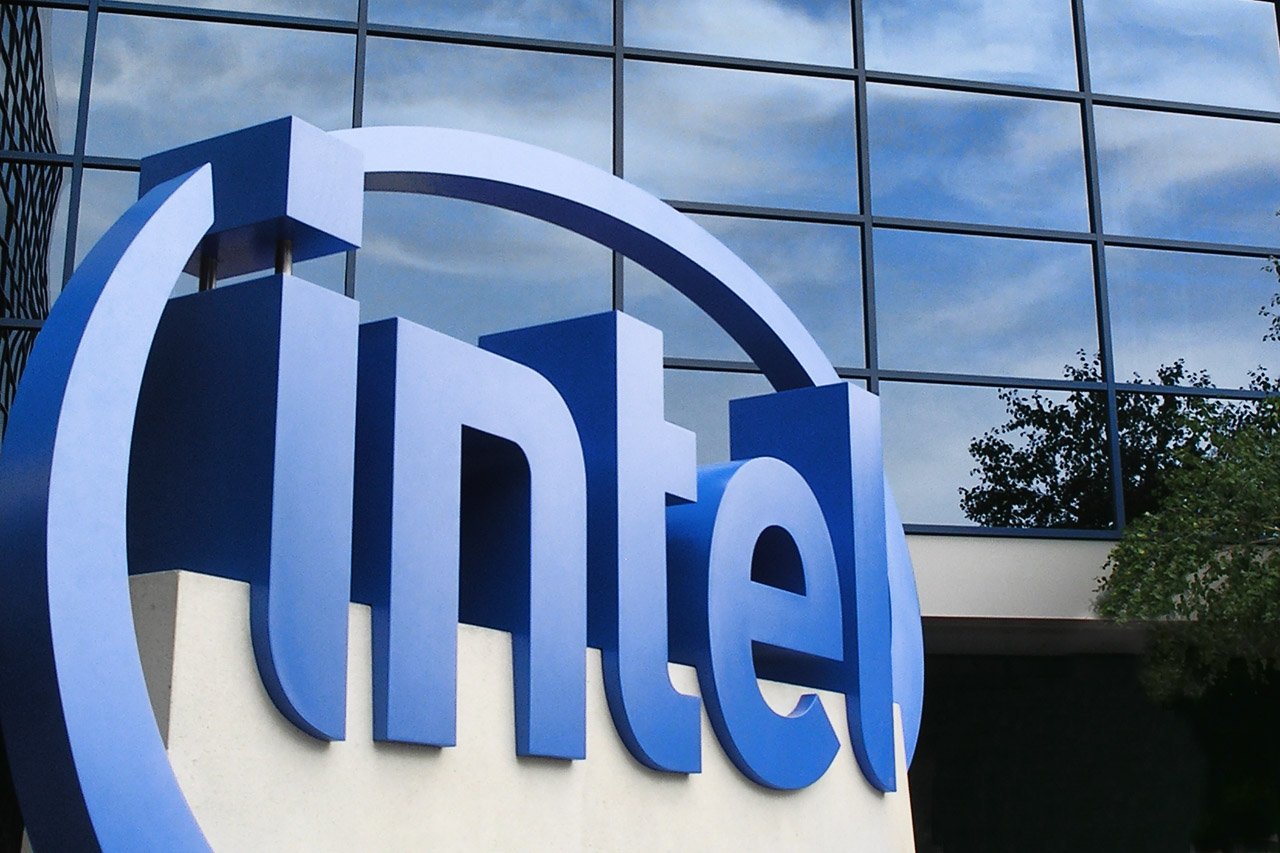Intel says PCs with newer CPUs hit with reboot issues after Spectre patches

If you're experiencing random reboots after applying Intel's own firmware patches for the Meltdown and Spectre exploits, you're not alone. Intel last week acknowledged reports that the patches were causing higher occurrences of unwanted reboots on PCs using Intel's Haswell and Broadwell chips. Now, Intel has confirmed in a new blog post that the reboot issue is also impacting PCs based on Ivy Bridge, Sandy Bridge, Skylake, and Kaby Lake CPUs.
From Intel:
We have now issued firmware updates for 90 percent of Intel CPUs introduced in the past five years, but we have more work to do. As I noted in my blog post last week, while the firmware updates are effective at mitigating exposure to the security issues, customers have reported more frequent reboots on firmware updated systems.As part of this, we have determined that similar behavior occurs on other products in some configurations, including Ivy Bridge-, Sandy Bridge-, Skylake-, and Kaby Lake-based platforms. We have reproduced these issues internally and are making progress toward identifying the root cause. In parallel, we will be providing beta microcode to vendors for validation by next week.
Despite the reboot issues, Intel still reccommends that partners make the patches available and that consumers install them in order to protect from the exploit known as "Spectre Variant 2." According to Intel's security advisory, "Variants 1 (Spectre) and Variant 3 (Meltdown) continue to be mitigated through system software changes from operating system and virtual machine vendors."
Aside from Intel, software vendors and other manufacturers have been quick to offer remedies of their own. Shortly after the exploits were disclosed by researchers, Microsoft issued an emergency patch for Windows users, and followed up with a set of firmware updates specifically geared toward its own Surface devices. Despite stating there is a "near-zero" risk to its own hardware, AMD also released optional patches of its own last week.
Intel has promised to be more transparent with its patching efforts going forward, so we'll presumably hear more as it works out a correction for unwanted reboots.
All the latest news, reviews, and guides for Windows and Xbox diehards.

Dan Thorp-Lancaster is the former Editor-in-Chief of Windows Central. He began working with Windows Central, Android Central, and iMore as a news writer in 2014 and is obsessed with tech of all sorts. You can follow Dan on Twitter @DthorpL and Instagram @heyitsdtl.
